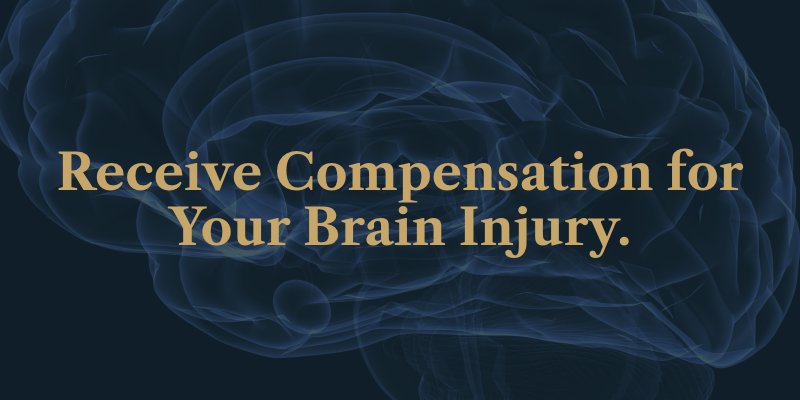Concussions can be devastating injuries that have long-lasting impacts on an individual’s physical and mental well-being. While many associate concussions with sports or accidents, few realize that a concussion can occur even without direct head trauma.
It is possible to get a concussion without hitting your head, which can make it difficult to know when these injuries occur. It is crucial to understand the potential causes of concussions, including those that do not involve direct impact to better prevent these injuries and avoid potentially life-threatening complications.
What Is a Concussion?
A concussion is a type of traumatic brain injury that occurs when the brain is jarred or jolted, or when you suffer a blow to the head. This can cause the brain to move inside the skull, leading to temporary damage to the cells and inflammation. A concussion can be mild or severe, and it can cause a wide range of symptoms that may appear immediately or develop over time.
Symptoms of a concussion may include:
- Headache
- Dizziness
- Nausea
- Vomiting
- Blurry vision
- Sensitivity to light or noise
- Confusion
- Memory loss
- Difficulty concentrating
- Fatigue
- Mood changes
- Loss of consciousness
Common Causes of Concussions
Concussions often occur when the head experiences a sudden impact or blow. This type of injury is often associated with sports, falls, and car accidents. While a direct blow to the head is the most common cause of a concussion, there are other ways in which you can sustain this type of injury.
If you experience a sudden jolt or impact that causes your brain to shake and move inside the skull, you can suffer a concussion. This type of injury can result from various situations, such as:
- Whiplash: When the head and neck are suddenly and violently jerked, the brain can be jolted and slammed against the skull, causing a concussion. This can occur in car accidents, sports, and falls.
- Blast Waves: Military personnel and others exposed to explosions may develop a concussion from the force of the blast wave, even if they don’t experience a direct hit to the head.
- Shaken Baby Syndrome: Infants and young children are at risk of developing a concussion when they are violently shaken.

What to Do If You Hit Your Head
If you hit your head and suspect that you may have a concussion, it is important to seek medical attention right away. Even a mild concussion can be serious and can have long-term effects if left untreated. Plus, a second head injury after an untreated concussion can lead to dangerous and even life-threatening conditions.
Your doctor may recommend rest, medication, and other treatments to help manage your symptoms. To protect yourself and avoid dangerous complications, follow your doctor’s orders and continue to receive treatment as needed.
If your concussion was caused by someone else’s negligence, such as a car accident or a sports injury, you may be entitled to compensation. By filing a personal injury lawsuit, you can recover damages to help pay for medical care, lost wages, pain and suffering, and many more damages.
An attorney can help you determine your case eligibility and take your first steps toward financial recovery. As soon as possible after your injury, schedule a free legal consultation to discuss your options and plan your next steps.

